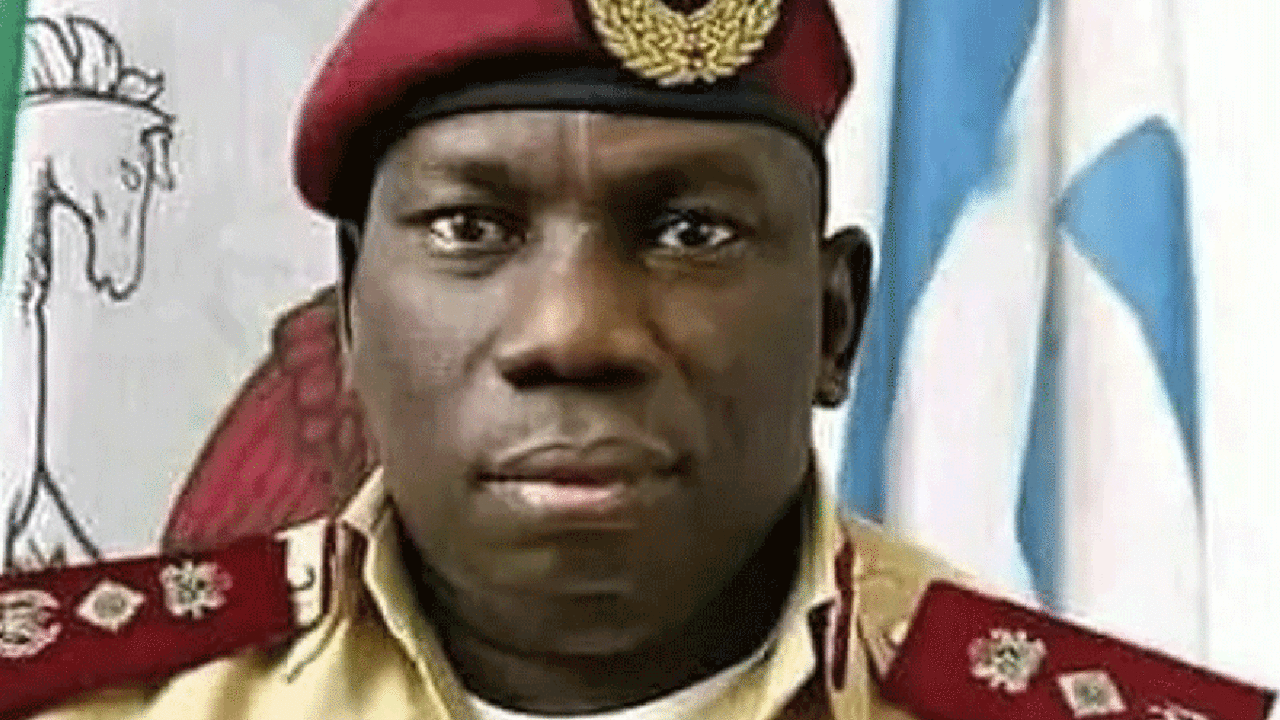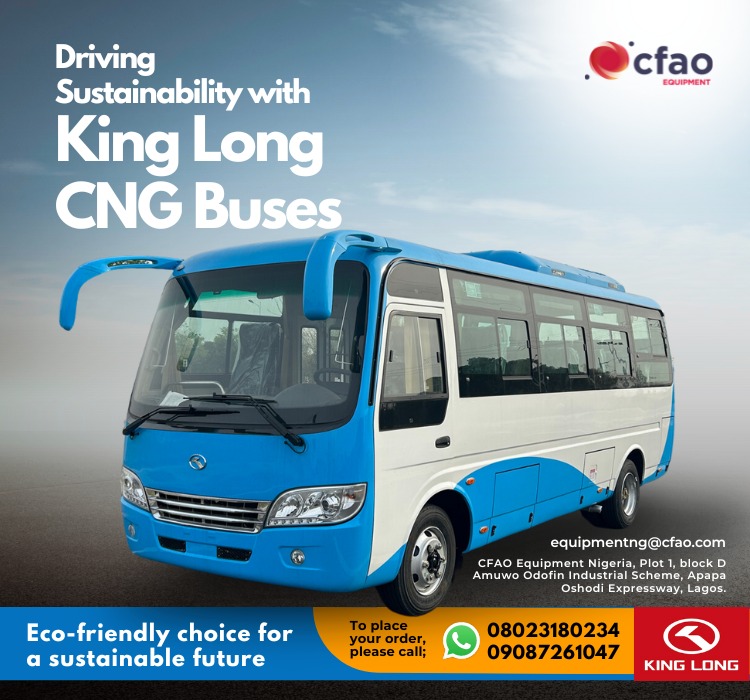Over one million people are killed each year worldwide as a result of Road Traffic Crashes (RTC), this is according to statistics provided by the World Health Organisation (WHO) in its latest report on the subject.
The WHO claims that Road traffic injuries are the leading cause of death for children and young adults aged 5–29 years, and that 92%t of the world’s fatalities on the roads occur in low- and middle-income countries, even though these countries have only around 60% of the world’s vehicles. Obviously, Nigeria falls into this category of low and middle income countries.
According to the Federal Road Safety Corps (FRSC), the lead agency for road safety in Nigeria, a total of 5,700 crashes occurred within the first half of the year 2023, claiming 2,850 lives. The agency also claims that in 2022, within same period, 3,375 lives were lost as a result of RTC. Though these figures as claimed by the FRSC are contestable because a significant number of RTCs are not recorded in the country.
According to records available to transport Day, just within six weeks, between the first and second quarter of last year, over 100 persons lost their lives as a result of RTCs.
Six persons were killed on Tuesday, April 11, 2023, along the Ogoja – Ikom segment of the Calabar – Ikom – Katsina-Ala federal highway.
Earlier reports indicate that 12 persons were also killed same day in Ebonyi State in another RTC. This is aside the over 80 persons who perished three weeks earlier in other parts of the country. In a similar development, four persons were also killed in Akure, Ondo State within the period.
The trend continued during the year, as 2024 has already recorded unacceptable number of deaths from RTC, 17 killed so far, and others not reported.
WHO identified the risk factors to include speeding, Driving under the influence of alcohol and other psychoactive substances, distracted driving, Non-use of motorcycle helmets, seat-belts and child restraints, unsafe road infrastructure, unsafe vehicles, inadequate post-crash care and inadequate law enforcement.
The ugly trend needs to be arrested quickly. Government needs to strengthen the manpower capacity of the FRSC. FRSC needs to concentrate more on highways and leave city traffic for state government agencies, the roads infrastructure needs urgent improvements, FRSC needs to redesign their patrol vehicles to serve as emergency ambulances etc.
The Road Transport Safety Standardisation Schme (RTSSS) of the FRSC seems to have failed, and many of the officials on the highway are now compromised.
Though the process of obtaining driver’s licence seems to have improved, there is still much to be done. Motor parks all over the country are hosts to alcohol sellers and hardly will you see any government law enforcer with alcohol testing devices.
We call on all stakeholders to wake up and put all the necessary mechanisms in place to reverse the trend and put a halt to Nigeria roads being killing fields for road users.













